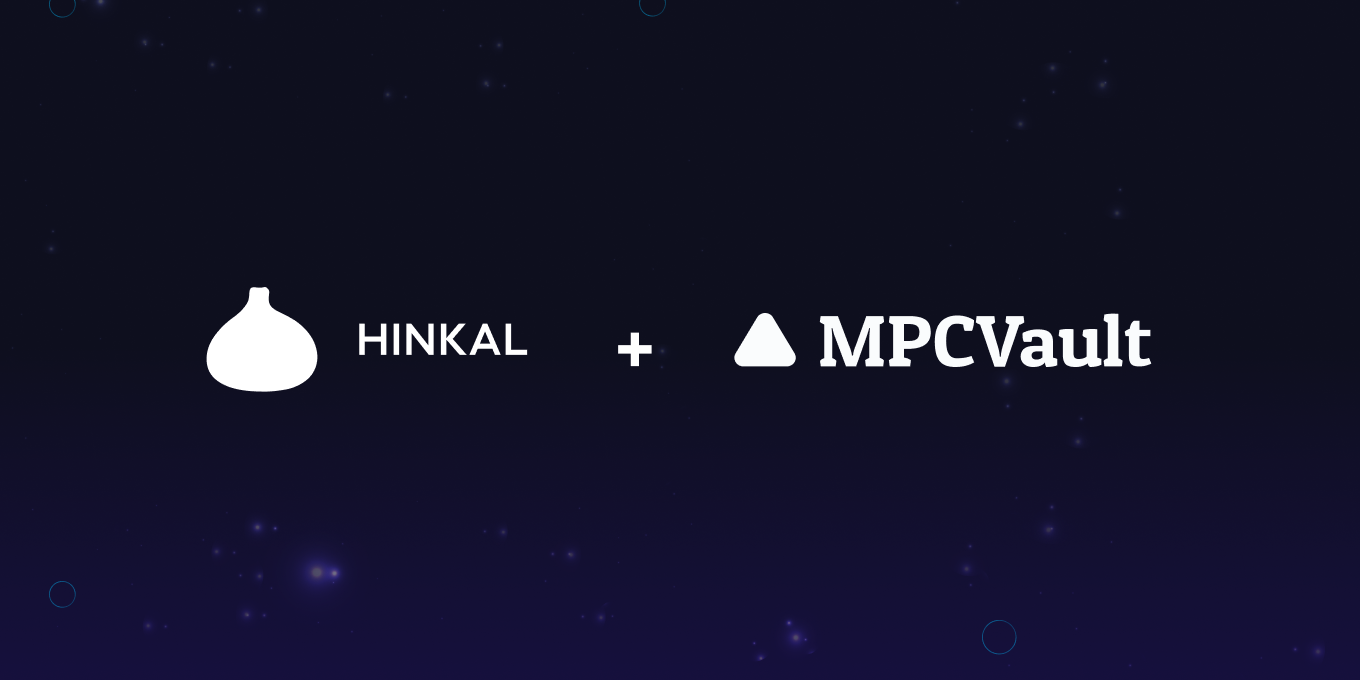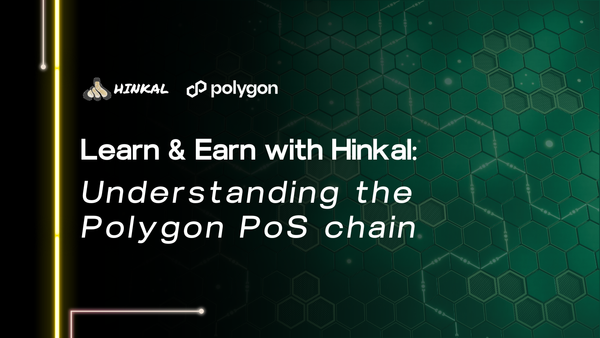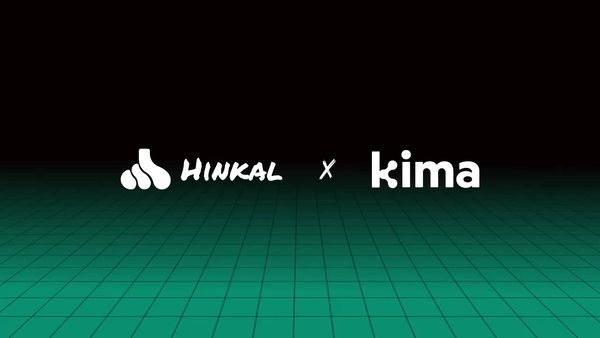Financial Operations in Crypto and Discreet Liquidations

This article was co-authored by Nika Koreli, co-founder and CTO of Hinkal, and Jason Li, co-founder and CEO of MPCVault.
Introduction
FinOps (financial operations) for web3 teams are important for their successful survival and operation. Although there are plenty of notable solutions to cover the needs of regular crypto natives, regular wallets won’t cut it for managing a team’s treasury. The requirements are simply too complex.
Founders and team members need a secure and confidential way to manage the team’s assets and payments. Revealing financial operations to the world, given that every transaction is public, poses a significant to the team’s interests. Since tracking on-chain transactions is now easier than ever via on-chain analytics tools, targeting treasury wallets or vaults by malicious actors is a certainty, not a possibility. In the meantime, paying expenses, third-party independent contractors, as well as employee payrolls, should not be public information. In traditional finance, there’s no public visibility of your assets and transactions, why should it be any different in crypto?
Security is another major concern when handling crypto, especially company assets. Managing company treasuries, wallets and different levels of access requires special focus on safety measures.
Let’s see how MPC Vault and Hinkal innovate to take care of these needs.
A web3 wallet designed for teams
MPCVault is a non-custodial Web3 wallet tailored for teams and businesses. It boasts a versatile suite of features, trusted with more than $1.5Billion AUM by thousands of businesses. It enables effortless treasury management across various chains through multiple addresses and streamlines tasks like expense management and batch processing for payrolls and airdrops. With support for multi-chain, multi-asset, and multi-sig functionalities, MPCVault ensures secure operations, including Web3 login sharing and hierarchical management. Additionally, it offers seamless access to decentralized finance (DeFi) supporting all EVM chains and many non-EVM ones like Bitcoin, Sui, Aptos and Tron, making it a comprehensive solution for dApp interactions.
MPCVault stands out among custodians and wallet providers thanks to its innovative approach to multiparty computation. It utilizes a multi-cloud environment, leveraging Intel SGX and AMD's SEV for TEE runtime, effectively minimizing compromise risks. Furthermore, the platform prioritizes security, employing end-to-end encrypted communication with public key pinning, establishing a robust zero-trust architecture.
Institutional-grade protocol for on-chain confidentiality
Hinkal is a zk-protocol that re-anonymizes the blockchain by enabling transactions and token allocations for all its users, without publicly disclosing wallet addresses. It utilizes shielded addresses and relayers that execute the transactions on the users' behalf. Only Hinkal smart contract and relayers addresses are visible on-chain.
Users create a shielded address simply by connecting their wallet. For increased security, Hinkal provides the option for a password-protected account. After passing a mandatory AML/Integrity check, users can shield any token by depositing it to their or another user's shielded address. 8 Integrations of major dApps on 7 networks allow the users to swap, yield farm, yield trade, and withdraw to previous or new wallet addresses completely untraced.
Hinkal enables founders, team members, and investors to create their shielded addresses and:
1) Receive vested tokens or payments directly into their shielded accounts.
2) Liquidate tokens on major DEXs without market judgment or impact.
3) Send to OTC desks confidentially.
Security is a priority for Hinkal. For this reason, the smart contracts have been audited 3 times by Quantstamp, Secure3 and Zokyo. Furthermore, whitehats have inspected the smart contracts thoroughly, while researchers, through Immunefi’s bug-bounty program, investigated them extensively for any vulnerability missed by the audits. Lastly, Hinkal utilizes real-time threat detection by Hexagate.
Conclusion
MPCVault and Hinkal are pioneering, providing solutions that cater to the needs of web3 teams and VCs. MPCVault offers a non-custodial wallet with versatile features for secure asset handling and dApp interactions, while Hinkal introduces a zk-protocol ensuring unparalleled confidentiality for on-chain transactions. Both platforms prioritize stringent security measures, aiming to set high standards and shaping the future of decentralized financial operations.




